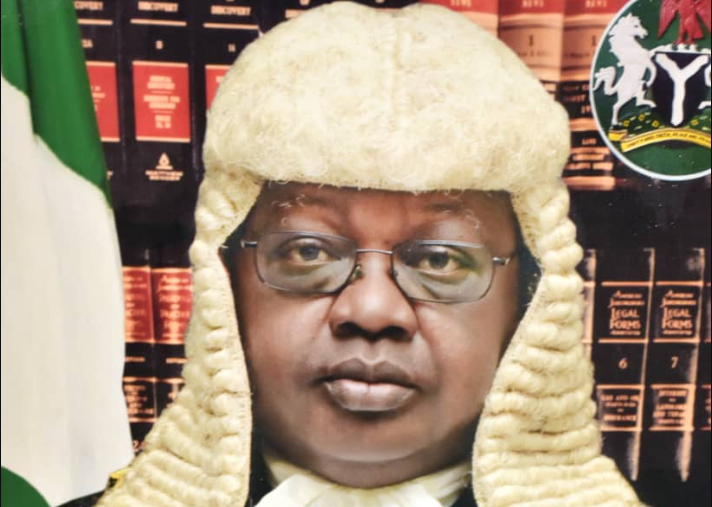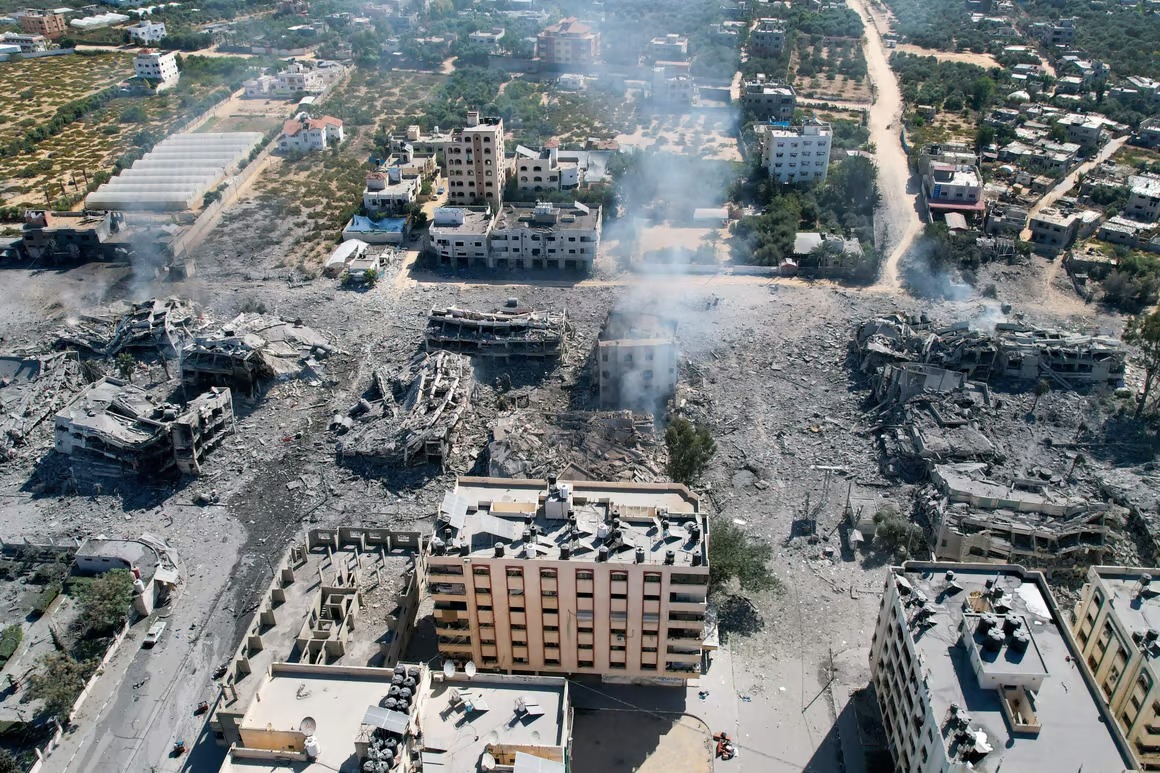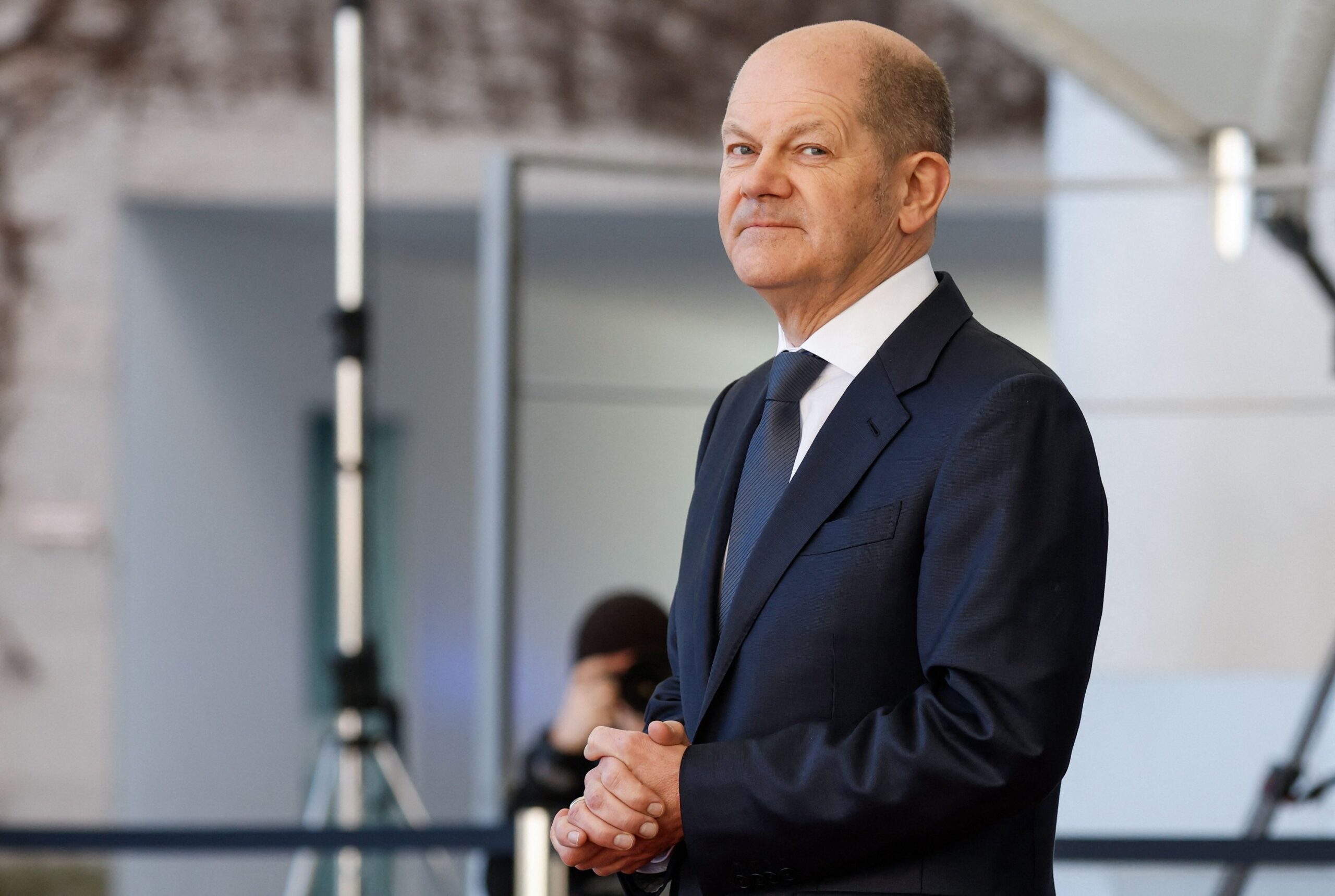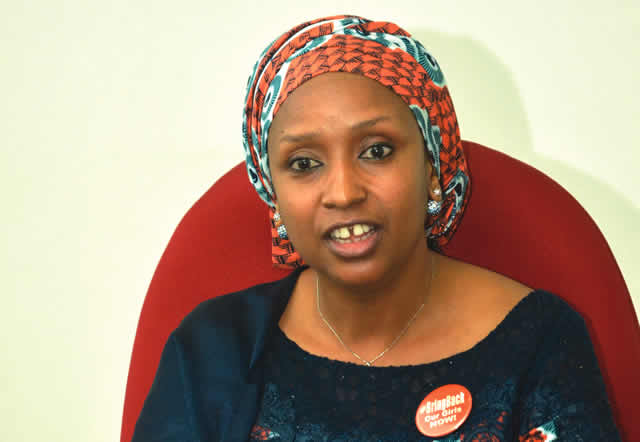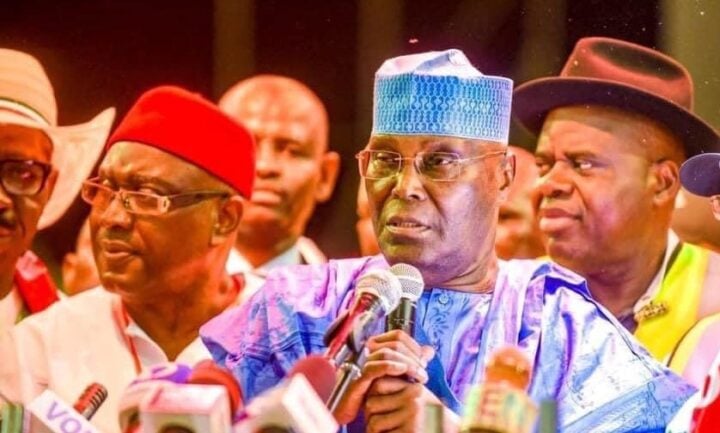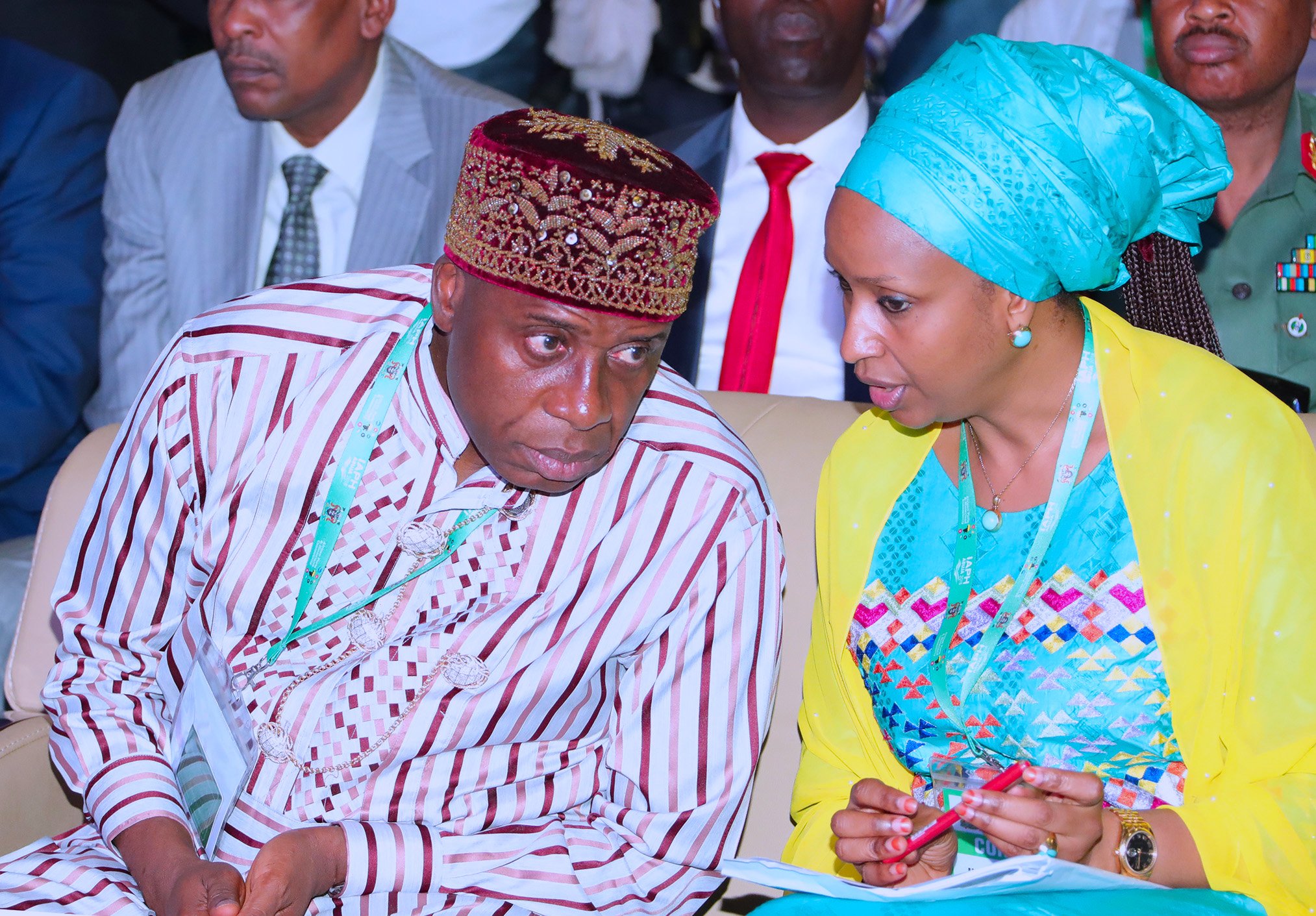Musa Dattijo, a retired justice of the supreme court, says the power entrenched in the office of the chief justice of Nigeria (CJN) is “effortlessly abused”.
He said the CJN chairs the National Judicial Council (NJC), the Federal Judicial Service Commission (FJSC) and the Legal Practitioners Privileges Committee (LPPC).
Dattijo opined that the oversight functions “of these bodies should not rest on an individual alone”.
He spoke on Friday during a valedictory programme organised by the supreme court to mark his exit from service.
Advertisement
“A person with absolute powers, it is said, corrupts easily and absolutely. As Chair of NJC, FJSC, NJI and LPPC, appointments as council, board and committee members are at his pleasure,” Dattijo said.
“He neither confers with fellow justices nor seeks their counsel or input on any matter related to these bodies. He has both the final and the only say.
“The CJN has the power to appoint 80 percent of members of the council and 60 percent of members of FJSC. The same applies to NJI and LPPC. Such enormous powers are effortlessly abused. This needs to change. Continued denial of the existence of this threatening anomaly weakens effective judicial oversight in the country.
Advertisement
“By the provision of Paragraph 20 of Part One of the Third Schedule to the 1999 Constitution of the Federal Republic of Nigeria, as amended, the NJC shall comprise the following members: the chief justice of Nigeria, who shall be the chairman; the next most senior Justice of the Supreme Court who shall be the Deputy Chairman.
“Regrettably, the next most senior justice of the Supreme Court like Deputy Governors of State, shorn of any official function except at the pleasure of the Governor, is neither consulted on anything nor does he have any official function. His job as number 2 is purely as the CJN pleases. It is incumbent that the system provides for more inclusion and consultation among the stakeholders.”
DECLINING NUMBER OF SUPREME COURT JUSTICES
Dattijo also commented on the diminishing number of justices at the apex court in the country.
Advertisement
He said with his exit, there would be 10 justices left whereas 21 is the number required by the law.
Dattijo said “this avoidable depletion has affected and will further affect the court and litigants are stating the obvious”.
“We are in an election season where the election tribunals and appellate courts are inundated with all manner of petitions and appeals. The supreme court is the final court in the presidential, governorship and national assembly election appeals. Yet, there are only 10 justices left to determine these matters,” he said.
“Constitutionally, each of these appeals requires a panel of seven justices to sit on them. When a panel of seven justices is constituted to sit on a particular appeal, only three justices are left out. Even when regular appeals are being heard in the supreme court, a panel of five justices is required to sit.
Advertisement
“We must not forget that the Court, being the highest in the land, receives all manner of appeals from the court below. Presently, there is neither limit nor distinction to the manner of appeals that come to the apex court.
“Again, besides election matters which are seasonal, the Supreme Court’s docket is overflowing with civil and criminal appeals, some of which took many years to arrive. Most of these are still pending. Several have not even been assigned hearing dates. The court also exercises original jurisdiction.”
Advertisement
‘DELIBERATE EXCLUSION’ OF SOUTH-EAST, NORTH-CENTRAL
Dattijo alleged that the exclusion of justices from the south-east and north-central zones from the supreme court bench is deliberate.
Advertisement
The retired judge said with his exit, there will be no representation for the north-central zone while south-east seats have been vacant since 2021.
He said the supreme court has had enough time to fill the vacancy but did not due to “unclear intention”.
Advertisement
“When I exit today, the North Central zone that I represent ceases to have any representation until such a time new appointments are made. My lord Hon. Justice Ejembi Eko JSC who also represented the zone retired on the 23rd of May, 2022. It has been a year and five months now. There has not been any replacement,” he said.
“With the passing of my lord, Hon. Justice Chima Centus Nweze, JSC on 29th July 2023, the South East no longer has any presence at the Supreme Court. My lord, Hon. Justice Sylvester Nwali Ngwuta JSC died on 7th March 2021. There has not been any appointment in his stead for the South East.
“To ensure justice and transparency in presidential appeals from the lower court, all geo-political zones are required to participate in the hearing. It is therefore dangerous for democracy and equity for two entire regions to be left out in the decisions that will affect the generality of Nigerians. This is not what our laws envisage.
“Although it can be posited that no one expected the sudden passing of Hon. Justice Nweze JSC, yet, it has been two years and seven months since the previous Justice from the South East died and no appointment was made.
“Ditto for the replacement of Justice Eko JSC of North Central who exited nearly two years ago. Hon.Justice Sidi Bage JSC, now his Royal Highness the Emir of Lafia, from the North Central, had earlier voluntarily retired. He equally is yet to be replaced. Also, it was clear ab-initio that I would be leaving the court this day on attaining the statutory age of 70. It is then not in doubt that there has been sufficient time for suitable replacements to have been appointed. This is yet to occur.
“When on the 6th of November 2020 the Supreme Court, for the first time in its history, got a full complement of 21 justices with the swearing-in of eight justices, little did anyone know that we were only a few steps to unimaginable retrogression.
“As it stands, only four geo-political regions-the south-west, south-south, north-west and north-east are represented in the Supreme Court. While the south-south and North-East have two serving justices, the North-West and South-West are fully represented with three each. Appropriate steps could have been taken to fill outstanding vacancies in the apex court. Why have these steps not been timeously taken? It is evident that the decision not to fill the vacancies in the court is deliberate.”
Dattijo attributed the situation to the “absolute powers vested” in the office of the chief justice of Nigeria.
Add a comment
